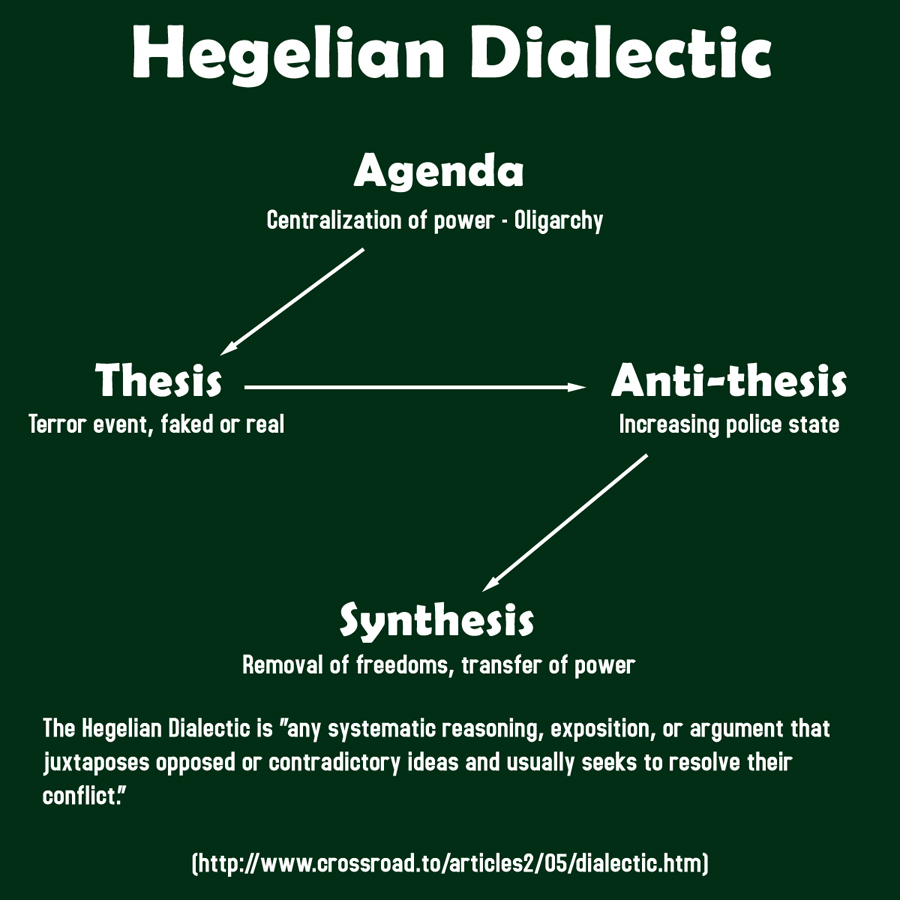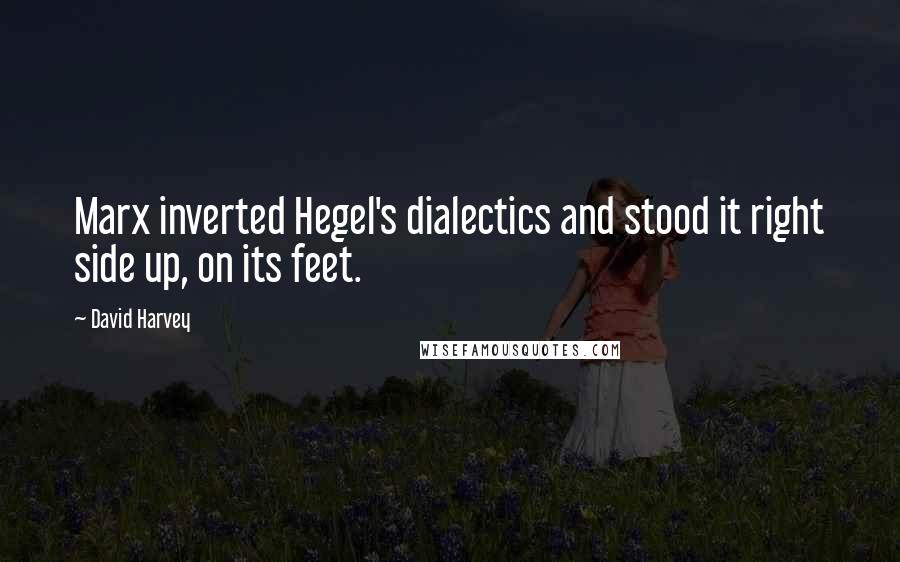

At our present stage, on the contrary, the determinate existence of God as God is not existence posited by Himself, but by what is Other. The self-consciousness of the Son regarding Himself is at the same time His knowledge of the Father in the Father the Son has knowledge of His own self, of Himself. The assumption of form makes its appearance in the aspect of determinate Being as independent totality, but as a totality which is retained within love here, for the first time, we have Spirit in and for itself. He produces Himself of His own act, appears as Being for “Other” He is, by His own act, the Son in the assumption of a definite form as the Son, the other part of the process is present, namely, that God loves the Son, posits Himself as identical with Him, yet also as distinct from Him. God Himself is, in accordance with the true Idea, self-consciousness which exists in and for itself, Spirit. Lectures on Philosophy of Religion, Volume 2Ĭontext: In the religion of absolute Spirit the outward form of God is not made by the human spirit. 1895 Ebenezer Brown Speirs 1854-1900, and J Burdon Sanderson p. Hegel, Georg Wilhelm Friedrich, Lectures on the philosophy of religion, together with a work on the proofs of the existence of God. Karl Barth described Hegel as a "Protestant Aquinas" while Maurice Merleau-Ponty wrote that "all the great philosophical ideas of the past century-the philosophies of Marx and Nietzsche, phenomenology, German existentialism, and psychoanalysis-had their beginnings in Hegel." Wikipedia Hegel has been seen in the twentieth century as the originator of the thesis, antithesis, synthesis triad, but as an explicit phrase it originated with Johann Gottlieb Fichte.Hegel has influenced many thinkers and writers whose own positions vary widely. Of special importance is his concept of spirit as the historical manifestation of the logical concept – and the "sublation" – of seemingly contradictory or opposing factors: examples include the apparent opposition between necessity and freedom and between immanence and transcendence.

His account of the master–slave dialectic has been influential, especially in 20th-century France. His philosophy of spirit conceptually integrates psychology, the state, history, art, religion and philosophy. Hegel's principal achievement was his development of a distinctive articulation of idealism, sometimes termed absolute idealism, in which the dualisms of, for instance, mind and nature and subject and object are overcome. Although Hegel remains a divisive figure, his canonical stature in Western philosophy is universally recognized. He achieved recognition in his day and-while primarily influential in the continental tradition of philosophy-has become increasingly influential in the analytic tradition as well. 48-49.Georg Wilhelm Friedrich Hegel was a German philosopher and an important figure of German idealism. Another expression of the same objection is that between the logical dialectic and the development of the Absolute Spirit in history and politics a great and impassable gulf is fixed. Others have pointed out that zoology cannot be deduced from the categories. Søren Kierkegaard expressed the main objection to Hegelianism by contending that Hegelianism provides no room for Hegel. This three-term dialectic continued until all problems were solved in the Absolute Spirit. These two were then harmonized in the next higher category, the Synthesis. One category, a Thesis, upon analysis is turned into its contradictory or Antithesis. Hegelianism was a Rationalistic system that claimed to explain everything without exception through a system of categories. Yet Hegelianism has been so vigorously and so persuasively attacked that one is tempted to rest in the contemporary decision. Since these two men were indubitably geniuses, it would be ridiculous to brush them off with a flourish.


If brevity is anywhere possible and somewhat excusable, it will be in the account of Plato and Hegel. Gordon Clark Refutes Hegel (Wheaton Lectures)įrom Clark and His Critics, published by the Trinity Foundation (page numbers are from the Apple Books e-book). For each quote, there is a link where you can purchase the book where the quote came from. This is a list of Gordon Clark quotes about Hegel and Rationalism.


 0 kommentar(er)
0 kommentar(er)
